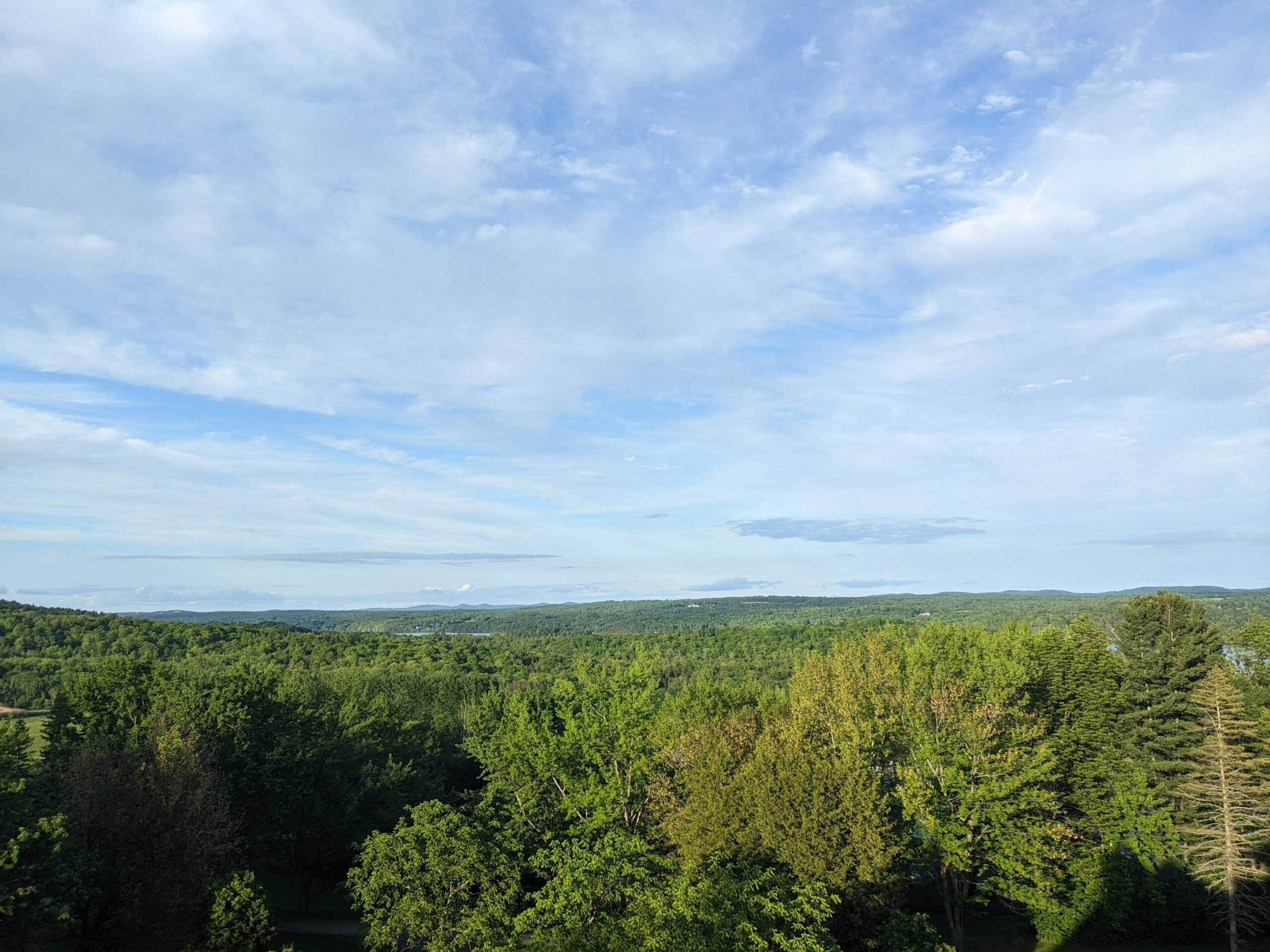Once I knew a man who was, at one point, discerning a life as a Theravadan monk. For those of you who aren’t familiar with the various strains of Buddhism, allow me to explain: the Theravada School is perhaps the earliest form of Buddhism practiced in the world today. I won’t claim that it goes all the way back to Buddha’s early monastic community, however it would certainly love to say so. It’s fairly conservative in matters of doctrine and monastic discipline, and is far more clerical than its Mahayana/Zen counterparts. That’s not a criticism, mind you, although I won’t pretend to resonate with this tradition within Buddhism myself. But I digress, the point is that this man was discerning what you might call a “traditionalist” vocation, at least in the Buddhist sense.
He was not a traditional man, though, not really. He wasn’t raised Buddhist. Actually he was raised Catholic, which surprised me. At first, he didn’t seem the type. He was very knowledgeable about and committed to Buddhism, after all. And he wasn’t really like most of the ex-Christians in that particular community. I think it’s safe to say that most of the ex-Christians were traumatised by their earlier experience with Christianity. Buddhism, then, was a safe space for them to explore spirituality, though that’s not to say that their experiences in Christianity and Buddhism weren’t genuine or authentic in any way. This would-be monk, however, didn’t really seem the type. In fact, we’d both talk about Catholicism often. Once we even got into a little debate over the merits of the Traditional Latin Mass compared to the newer one.
I was firmly in the “new” camp. I’m not a big fan of the Latin Mass. I like the greater participation of laypeople, the common language, the activity of it. There’s a lot more I could say about why that is, but this isn’t really the space for it. This man, on the other hand, adored the Latin Mass, and seemed somewhat perplexed that I would think any differently! And then it dawned on me: he was, as a matter of fact, quite “traddy” in his religious outlook—meaning he was drawn to conservative, traditional models and structures of faith. Both in terms of his Buddhism of the present and Catholicism of the past, he was traditionalist. However his religion may have changed, evidently this did not. It was the same shit in a different wrapper (respectfully), as I am fond of saying.
What does this mean, then? That our religious orientation is deeper than the “wrapper” we adorn it with? Certainly. However, it is also a call to examine those underlying dispositions more closely: as we wrestle with the ideas and traditions that shape our lives, spiritually or personally, what does and doesn’t work for us? Is it our tradition that affects us, or is it our reading of it?
I say this not to judge, but to provide guidance from my own experience as well. I’d be lying if I didn’t see something of myself in that man. Truly, I did, and still do. There’s this zeal that converts have which can offer security without the dirty work of inner transformation. Of course, this is not always the case, but, as I have experienced and seen for myself, it often is. So let us look inwards and be honest with ourselves: what conversion might we need to face? Are we looking for the truth, or for comfort? Are we changing, or changing outfits? I’ll leave that to you to figure out for yourself.

Leave a Reply